Academic Handbook Course Descriptors and Programme Specifications
LHIST4220 World History Until 1945 Course Descriptor
| Course code | LHIST4220 | Discipline | History |
| UK Credit | 15 | US Credit | 4 |
| FHEQ level | 4 | Date approved | November 2022 |
| Core attributes | |||
| Pre-requisites | None | ||
| Co-requisites | None | ||
Course Overview
Course Overview
In this course we explore the history of humanity from the origins of our species until the dawn of the modern world in 1945. This course is a ‘world’ history in two senses. Firstly, because we are looking at the world from a global perspective, investigating the experiences and achievements of human societies across the globe – with a particular focus on the connections, conflicts and exchanges that have drawn them together. Secondly, because we are interested in humanity’s relationship with the natural world, the environment. Throughout we will look at how the climate has influenced human development and how humans in turn have changed and shaped the world in which we live.
Learning Outcomes
On successful completion of the course, students will be able to:
Knowledge and Understanding
| K1a | Identify and assess key aspects of human history from the dawn of humanity to 1945, acquiring an understanding of the development of social, political and economic institutions and conditions across the globe. |
| K2a | Analyse and utilise primary sources and discuss the challenges involved in interpreting them. |
Subject Specific Skills
| S1a | Develop and sustain historical arguments, formulating pertinent and probing questions, and answering those questions using evidence with nuance and insight. |
| S2a | Place the evidence from primary sources in a wider global context, with an understanding of the different experiences of various societies and communities. |
| S3a | Analyse the information found in select primary sources and place it in the wider context of information from secondary sources about the societies and cultures studied. |
Transferable and Employability Skills
| T1a | Write succinct, clearly argued texts placing sources in a wider global and historical context. |
| T3a | Display a developing technical proficiency in written English and an ability to communicate clearly and accurately in structured and coherent pieces of writing. |
Teaching and Learning
This course has a dedicated Virtual Learning Environment (VLE) page with a syllabus and range of additional resources (e.g. readings, question prompts, tasks, assignment briefs, discussion boards) to orientate and engage students in their studies.
The scheduled teaching and learning activities for this course are:
Lectures/seminars
40 scheduled hours – typically including induction, consolidation or revision, and assessment activity hours.
- Version 1:all sessions in the same sized group.
OR
- Version 2: most of the sessions in larger groups; some of the sessions in smaller groups.
OR
Directed study
4-12 scheduled hours, the exact number varying according to the balance of 1:1s, 2:1s, or small groups. The plan will be confirmed by the start of the course, taking into account student numbers and the proposed topics, readings, and specific tasks.
Faculty hold regular ‘office hours’, which are opportunities for students to drop in or sign up to explore ideas, raise questions, or seek targeted guidance or feedback, individually or in small groups.
Students are to attend and participate in all the scheduled teaching and learning activities for this course and to manage their directed learning and independent study.
Indicative total learning hours for this course: 150
Assessment
Both formative and summative assessment are used as part of this course, with purely formative opportunities typically embedded within interactive teaching sessions, office hours, and/or the VLE
Summative Assessments
| AE | Assessment Activity | Weighting (%) | Duration | Length |
| 1 | Written Assignment | 50% | N/A | 1500 |
| 2 | Written Assignment | 50% | N/A | 1500 |
For the written assignments, students will gather and analyse information, placing it in its wider institutional and historical context, examining and discussing the particular, situated experiences and perspectives of the groups or individuals under discussion.
Further information about the assessments can be found in the Course Syllabus.
Feedback
Students will receive formative and summative feedback in a variety of ways, written (e.g. marked up on assignments, through email or the VLE) or oral (e.g. as part of interactive teaching sessions or in office hours).
Indicative Reading
Note: Comprehensive and current reading lists are produced annually in the Course Syllabus or other documentation provided to students; the indicative reading list provided below is for a general guide and part of the approval/modification process only.
- Y.N. Harari, A Brief History of Humankind. London: Harvill Secker, 2014.
- Candice Goucher and Linda Walton, World History: Journeys from Past to Present. London: Routledge 2013.
Indicative Topics
Note: Comprehensive and current topics for courses are produced annually in the Course Syllabus or other documentation provided to students; the indicative topics provided below are used as a general guide and part of the approval/modification process only.
- The Beginnings of Humanity
- Han China and the Roman Empire
- The Native American Empires: Before and After the Columbian Encounter.
- Tradition and Renewal, Ming China, Renaissance Europe and the Ottoman Empire
- The Indian Ocean World, 1300-1600
- Age of Revolution: USA, Haiti and France, 1776-1815.
| Title: LHIST4220 World History Until 1945 Course Descriptor
Approved by: Academic Board Location: Academic Handbook/Programme Specifications and Handbooks/Undergraduate Programme |
|||||
| Version number | Date approved | Date published | Owner | Proposed next review date | Modification (As per AQF4) & category number |
| 1.0 | November 2022 | Edmund Neill | November 2027 | ||

